
On Christian Doctrine
'On Christian Doctrine' Summary
The Prologue consists of a response to those who would resist Augustine's project of providing rules for interpretation of the Scriptures. Augustine outlines three possible objections, including those who do not understand his precepts, those who fail to make effective use of his teachings, and those who believe they are already prepared to interpret the Scriptures. To the first two types of critics, Augustine states that he cannot be held responsible for their inability to understand.
He then addresses the third type of critic, those who believe they are already able to interpret the Scriptures. If their claims are true, he acknowledges that they have received a great blessing. However, they must admit that language itself was learned from a human being, not directly from God. Therefore, God has created human beings to learn from one another, and we ought to learn with humility. All good teaching from human beings derives ultimately from God. The ability to understand obscurity is therefore both the gift of God and reinforced by human teaching.
Book One discusses enjoyment, use, interpretation, and the relation of various Christian doctrines to these concepts. Augustine begins with a discussion of the steps in the interpretive process: discovery of what is to be understood, and a way of teaching what has been discovered.
He then expands upon the Platonic notion that there are things and signs. Signs are used to symbolize things, but are considered things themselves because they too represent meaning. They are given meaning through their repetition and propagation throughout society.
Some things are to be enjoyed (in Latin, frui), and others are to be used (uti). Things we enjoy are those we find good in themselves, and things we use are those that are good for the sake of something else. The only thing that is to be enjoyed is God. All other things, including other human beings, are to be used in relation to the proper end of enjoyment. To use something which is to be enjoyed or vice versa is to fail to love properly. The discussion of enjoyment and use leads to an extended reflection on motivation, word as flesh, and humanity as image of God.
Book One concludes with a discussion of love: how humans ought to love God, how God's love is expressed in his use of humanity, and how people may appreciate God's love through the Scriptures, faith, and charity. Augustine also claims that those who think they understand the Scriptures, but do not interpret them to reflect charity and love, do not really understand them.
Book Details
Language
EnglishOriginal Language
EnglishPublished In
397 ADAuthors

Saint Augustine of Hippo
Algeria, Rome
Augustine of Hippo also known as Saint Augustine, was a theologian, philosopher, and the bishop of Hippo Regius in Numidia, Roman North Africa. His writings influenced the development of Western philo...
Books by Saint Augustine of HippoDownload eBooks
Listen/Download Audiobook
- Select Speed
Related books
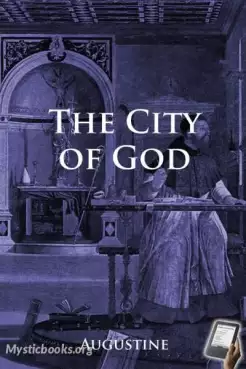
The City of God, Volume 1 by Saint Augustine of Hippo
On the city of God against the pagans, often called The City of God, is a book of Christian philosophy written in Latin by Augustine of Hippo in the e...
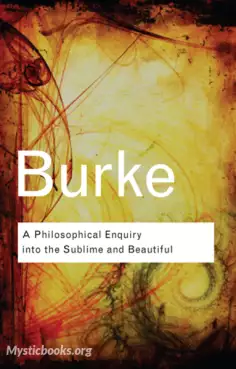
A Philosophical Enquiry by Edmund Burke
Burke's A Philosophical Enquiry is an important treatise in the history of philosophical aesthetics, putting forth a theory of two concepts of central...
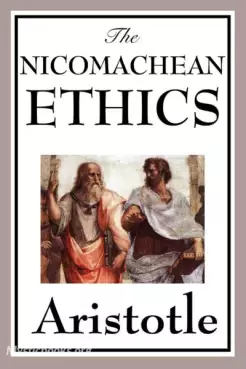
The Nicomachean Ethics by Aristotle
The Nicomachean Ethics is Aristotle's best-known work on ethics, the science of the good for human life, which is the goal or end at which all our act...
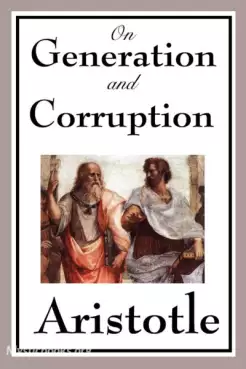
On Generation and Corruption by Aristotle
On Generation and Corruption also known as On Coming to Be and Passing Away is a treatise by Aristotle. Like many of his texts, it is both scientific...
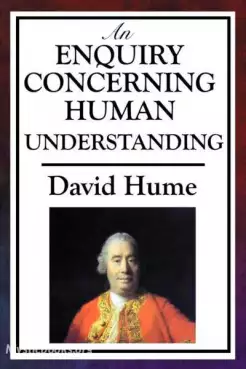
An Enquiry Concerning Human Understanding by David Hume
An Enquiry Concerning Human Understanding is a book by the Scottish empiricist philosopher David Hume, published in English in 1748. It was a revision...
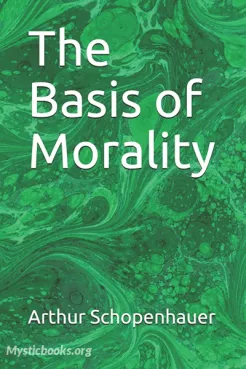
The Basis Of Morality by Arthur Schopenhauer
It is a philosophical treatise that delves into the fundamental principles of ethics and morality. Written in 1840, this book is widely considered to...
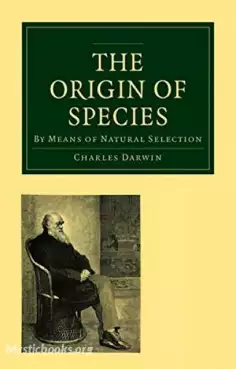
On the Origin of Species by Means of Natural Selection by Charles Darwin
Considered to be one of the books that changed the world and how we view ourselves, On The Origin of Species by Charles Darwin was met with incredulou...
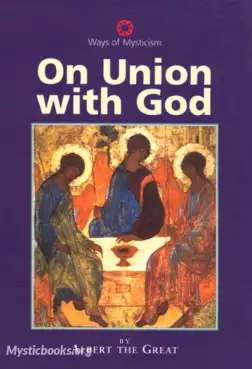
On Union with God by Blessed Albert the Great
How to rid yourself of troubling thoughts, concerns and outside distractions and learn to focus on acquiring a continual relationship with God inside...
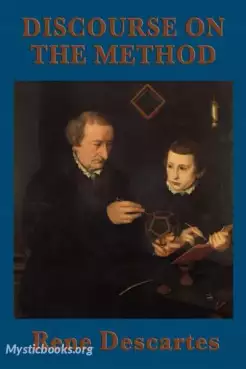
Discourse on the Method of Rightly Conducting One's Reason and of Seeking Truth in the Sciences by René Descartes
Discourse on the Method of Rightly Conducting One's Reason and of Seeking Truth in the Sciences is a philosophical and autobiographical treatise publi...
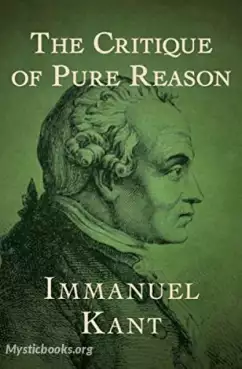
The Critique of Pure Reason by Immanuel Kant
The Critique of Pure Reason, first published in 1781 with a second edition in 1787, has been called the most influential and important philosophical t...
Reviews for On Christian Doctrine
No reviews posted or approved, yet...